NATURAL COTTON BAGS: A Produce Miracle Worker!
As produce sits and ages, it begins to emit ethylene gas, which is what causes fruits and vegetables to rot so quickly. But hah! Natural cotton (muslin) can come to your rescue. In contrast to plastic bags (which trap gas), breathable cotton allows ethylene gas to escape. And in contrast to plastic bags (which cost you money because of produce spoilage), breathable cotton actually saves you money by protecting your produce from spoiling, and protects nutrients as well!
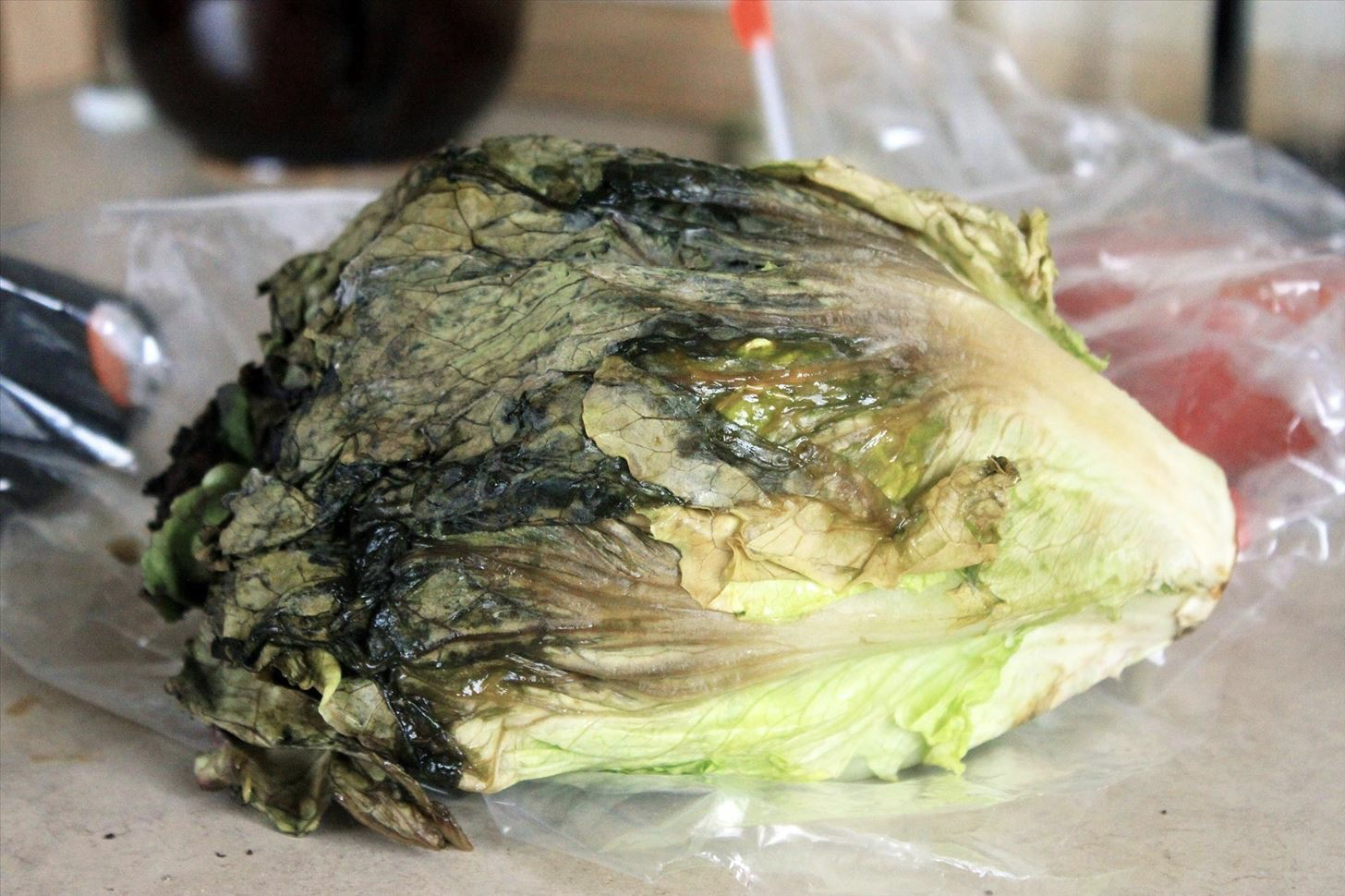
Then there’s the fact that cotton bags not only protect produce, they protect our planet. These miracle workers are the ultimate in eco-friendliness, being NATURAL, SUSTAINABLE, ORGANIC, BIODEGRADABLE, COMPOSTABLE, REUSABLE, RECYCLABLE; they simply can boast ZERO WASTE.
To use these bags, spray any leafy greens and allow them to drip off any excess water, then give them a good shake and put them into a muslin bag while damp (not soggy, but damp). The fabric absorbs any remaining water and this moisture protects refrigerated greens from dehydration, wilting, and sliming. This method works best for lettuces, spinach, chard, kale, beet greens, basil, parsley, cilantro, herbs, and green beans.
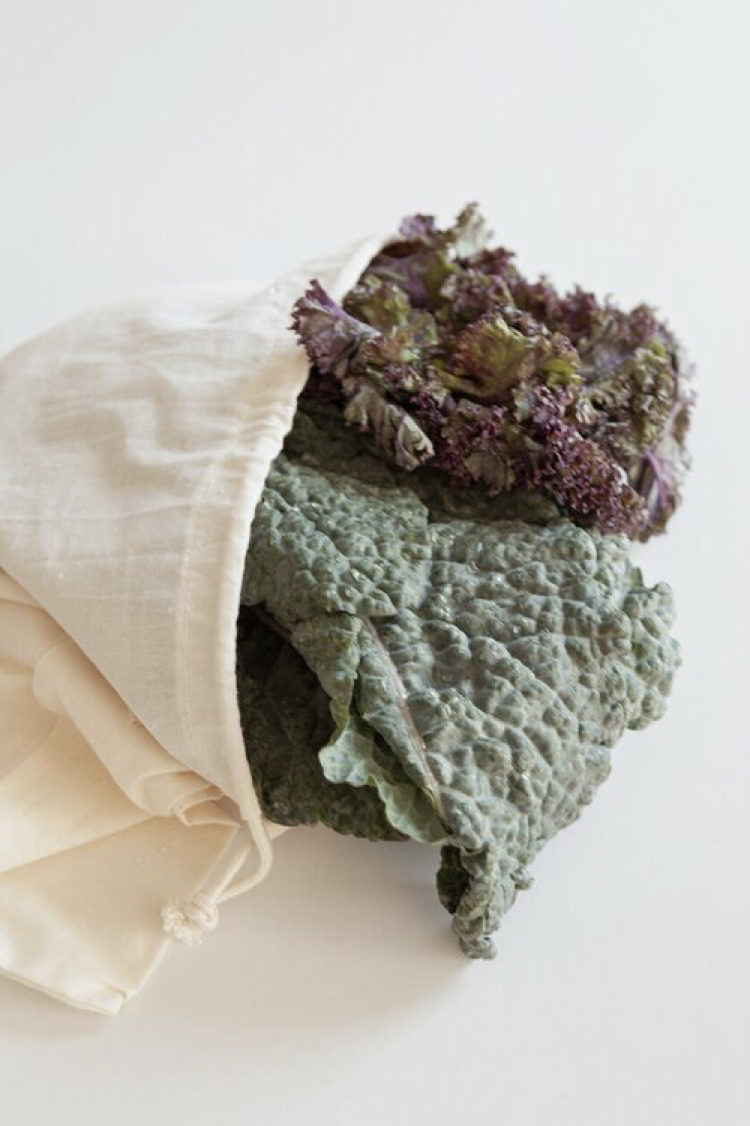
Be sure to occasionally check on these items; while this method does prolong the life of produce, it will eventually go bad. Use it up in a timely fashion so no food goes to waste!
Produce to store in DRY muslin bags include avocados, mushrooms, broccoli, brussel sprouts, and much more. These bags perform similar to a brown paper bag for accelerating ripening. For instance, to speed up the ripening of green avocados, put them in a muslin bag with a high ethylene-producing fruit (such as bananas or apples), and place it in a sunny spot.
Muslin bags are also perfect for zero waste bulk bin shopping. Instead of using the free plastic bags the bulk area provides, opt for your eco-friendly cotton bags. With a washable marker, write the bin number on the bag for easy checkout. Once home, transfer the items to glass mason jars or similar containers for airtight storage, and throw your bags in the washing machine to remove the bin numbers.
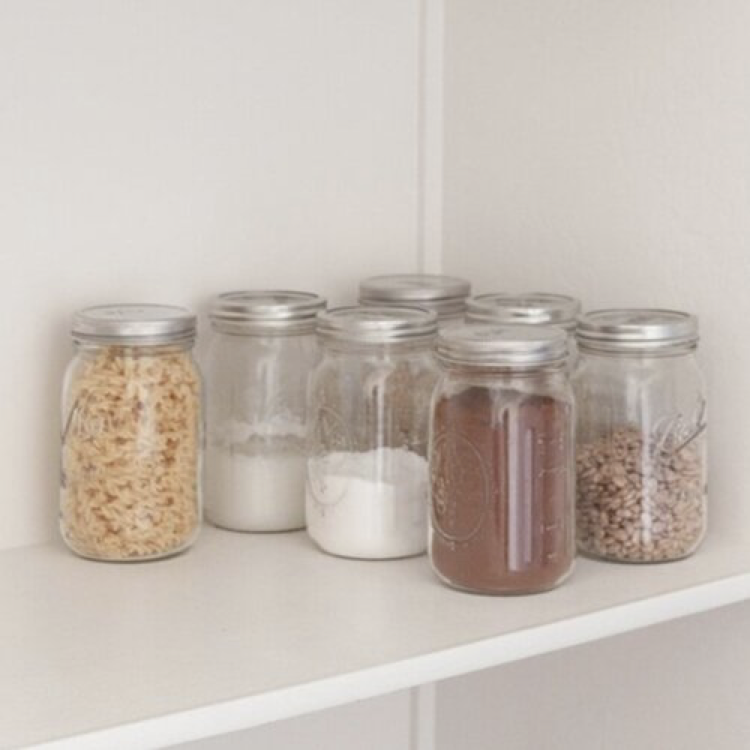
For thicker-skinned fruits and vegetables that need air circulation (potatoes, onions, garlic, and tomatoes), choose net bags. Netting provides excellent circulation. Just place the bag on the countertop or hang it by the drawstring in a cool, dark place (just don’t forget about them for too long). One thing to remember, however: DON’T store onions and potatoes in the same bag, or in close proximity to one another, as onions cause potatoes to rot.
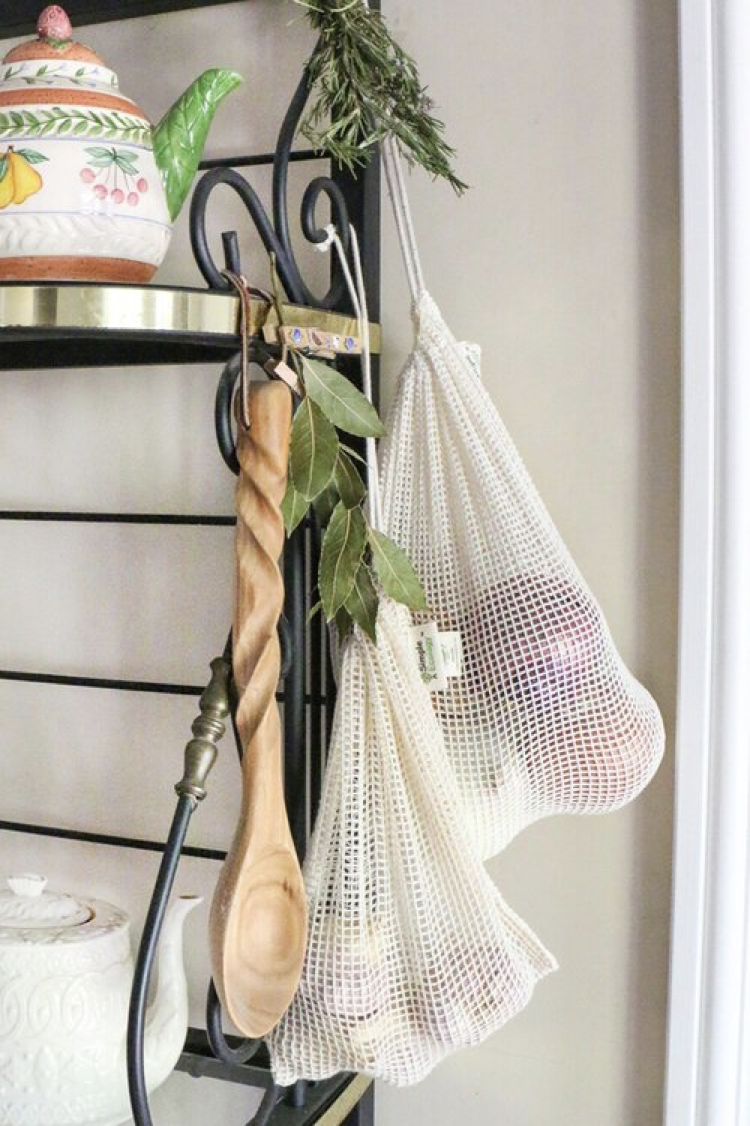
In the refrigerator, you can store peaches, apples, oranges, squash, carrots, as well as most thick-skinned items in either mesh or muslin bags.
You’ll want to be sure to wash any produce bags used for storage purposes or bulk shopping between each use. This way, any harmful bacteria is destroyed and cross contamination amongst produce and bulk is prevented.
There are lots of all cotton produce bags available online. SIMPLE ECOLOGY (www.simpleecology.com) makes reusable organic cotton muslin produce bags that come in a set of 6 (2 each of S,M,L). They have drawstring closures and are washable, heavy duty, and come with a tare weight tag. They sell for $15.95 and supposedly Walmart carries them. (I say “supposedly” because we know availability varies from location to location.)
All the brands I looked at were similar in price. But the good news is, you can make your own unbleached muslin bags for around $3 to $4 per yard. When you make your own you can customize the size, too.
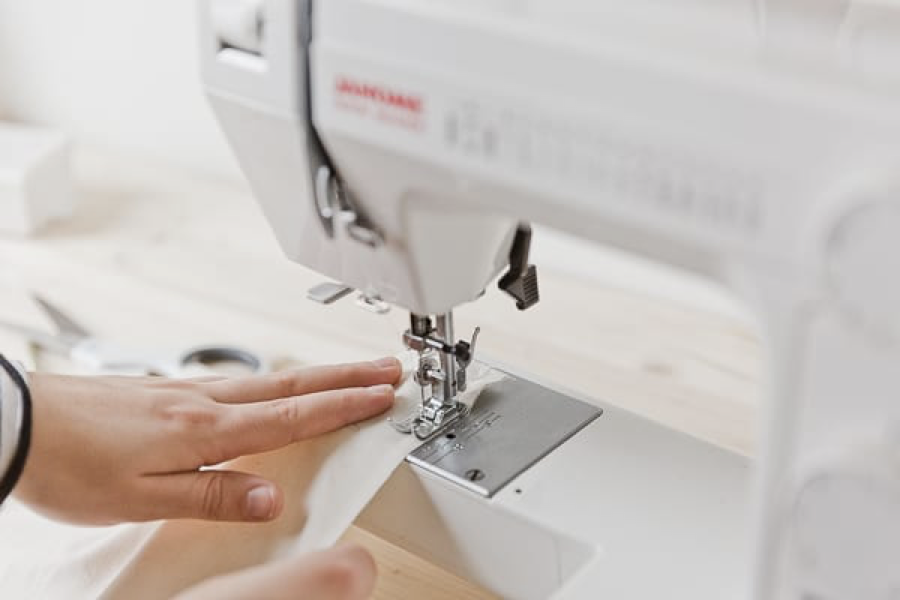
I hope you’re as inspired as I am and will seriously consider going the cotton-bag-route. Here’s “Hats off to these planet-friendly, produce-friendly, budget-friendly produce miracle workers!”
(NOTE: For simple iceberg lettuce storage, there’s always the tried-and-true green Tupperware lettuce keeper that so many homemakers swear by. The above-mentioned recommendations are for greens and other produce outside the iceberg scope.)
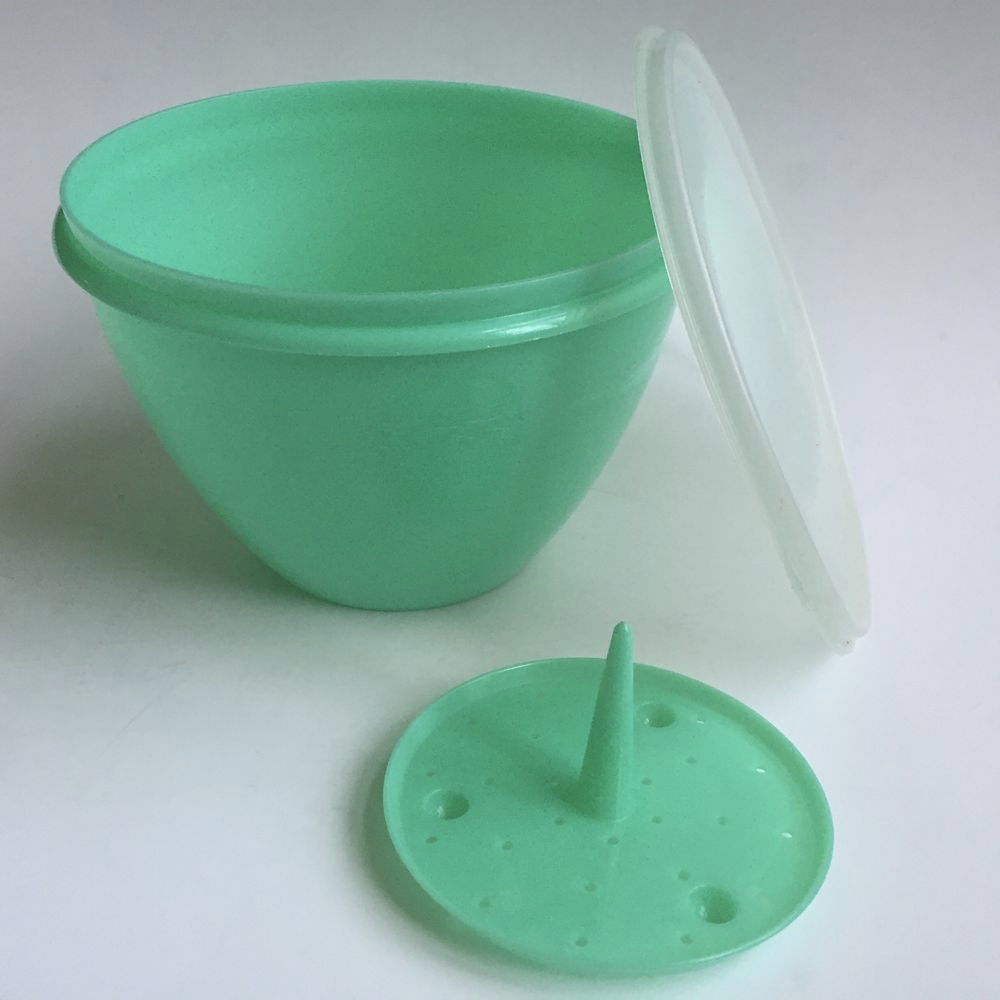

Then there’s the fact that cotton bags not only protect produce, they protect our planet. These miracle workers are the ultimate in eco-friendliness, being NATURAL, SUSTAINABLE, ORGANIC, BIODEGRADABLE, COMPOSTABLE, REUSABLE, RECYCLABLE; they simply can boast ZERO WASTE.
To use these bags, spray any leafy greens and allow them to drip off any excess water, then give them a good shake and put them into a muslin bag while damp (not soggy, but damp). The fabric absorbs any remaining water and this moisture protects refrigerated greens from dehydration, wilting, and sliming. This method works best for lettuces, spinach, chard, kale, beet greens, basil, parsley, cilantro, herbs, and green beans.

Be sure to occasionally check on these items; while this method does prolong the life of produce, it will eventually go bad. Use it up in a timely fashion so no food goes to waste!
Produce to store in DRY muslin bags include avocados, mushrooms, broccoli, brussel sprouts, and much more. These bags perform similar to a brown paper bag for accelerating ripening. For instance, to speed up the ripening of green avocados, put them in a muslin bag with a high ethylene-producing fruit (such as bananas or apples), and place it in a sunny spot.
Muslin bags are also perfect for zero waste bulk bin shopping. Instead of using the free plastic bags the bulk area provides, opt for your eco-friendly cotton bags. With a washable marker, write the bin number on the bag for easy checkout. Once home, transfer the items to glass mason jars or similar containers for airtight storage, and throw your bags in the washing machine to remove the bin numbers.

For thicker-skinned fruits and vegetables that need air circulation (potatoes, onions, garlic, and tomatoes), choose net bags. Netting provides excellent circulation. Just place the bag on the countertop or hang it by the drawstring in a cool, dark place (just don’t forget about them for too long). One thing to remember, however: DON’T store onions and potatoes in the same bag, or in close proximity to one another, as onions cause potatoes to rot.

In the refrigerator, you can store peaches, apples, oranges, squash, carrots, as well as most thick-skinned items in either mesh or muslin bags.
You’ll want to be sure to wash any produce bags used for storage purposes or bulk shopping between each use. This way, any harmful bacteria is destroyed and cross contamination amongst produce and bulk is prevented.
There are lots of all cotton produce bags available online. SIMPLE ECOLOGY (www.simpleecology.com) makes reusable organic cotton muslin produce bags that come in a set of 6 (2 each of S,M,L). They have drawstring closures and are washable, heavy duty, and come with a tare weight tag. They sell for $15.95 and supposedly Walmart carries them. (I say “supposedly” because we know availability varies from location to location.)
All the brands I looked at were similar in price. But the good news is, you can make your own unbleached muslin bags for around $3 to $4 per yard. When you make your own you can customize the size, too.

I hope you’re as inspired as I am and will seriously consider going the cotton-bag-route. Here’s “Hats off to these planet-friendly, produce-friendly, budget-friendly produce miracle workers!”
(NOTE: For simple iceberg lettuce storage, there’s always the tried-and-true green Tupperware lettuce keeper that so many homemakers swear by. The above-mentioned recommendations are for greens and other produce outside the iceberg scope.)

Sources:
- www.food-hacks.wonderhowto.com
- www.simpleecology.com
- www.papernstitchblog.com
- www.pinterest.com
 Alice Osborne
Alice Osborne
DVO Newsletter Contributor since 2006
Email the author! alice@dvo.com
